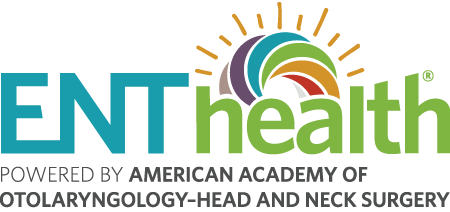What You Should Know about Coronavirus Disease 2019 (COVID-19)
Coronavirus disease 2019 (COVID-19) is a respiratory disease that has spread around the world. Events and information regarding COVID-19 are changing rapidly; stay up to date with the latest developments from Centers for Disease Control’s (CDC) official website.
You can also learn about the CDC’s latest information on COVID-19 vaccines here.
What Can I Do to Prevent Exposure to COVID-19?
To help prevent exposure to COVID-19, CDC recommends that you:
- Avoid close contact with people who are sick.
- Avoid touching your eyes, nose, and mouth.
- Stay home when you are sick.
- Cover your cough or sneeze with a tissue, then throw the tissue in the trash.
- Clean and disinfect frequently touched objects and surfaces using a regular household cleaning spray or wipe.
- Wash your hands often with soap and water for at least 20 seconds, especially after going to the bathroom; before eating; and after blowing your nose, coughing, or sneezing. If soap and water are not readily available, use an alcohol-based hand sanitizer with at least 60% alcohol. Always wash hands with soap and water if hands are visibly dirty.
You can read more CDC recommendations, including the use of face masks, for protecting your health and the health of your loved ones here.
What Are the Symptoms of COVID-19?
People with COVID-19 have had a wide range of symptoms reported – ranging from mild symptoms to severe illness. Symptoms may appear two to 14 days after exposure to the virus. Anyone can have mild to severe symptoms. People with these symptoms may have COVID-19:
- Fever or chills
- Cough
- Shortness of breath or difficulty breathing
- Fatigue
- Muscle or body aches
- Headache
- New loss of taste or smell
- Sore throat
- Congestion or runny nose
- Nausea or vomiting
- Diarrhea
This list does not include all possible symptoms. Read more about COVID-19 symptoms, including when you should seek emergency medical attention if someone is showing any of these signs, from the CDC here.
Dr. Duane J. Taylor gives an overview of how ENT practices have adapted to provide treatment during the COVID-19 pandemic.
Dr. Spencer C. Payne provides an overview of proper testing techniques for COVID-19.
Related Conditions
The information on ENThealth.org is provided solely for educational purposes and does not represent medical advice, nor is it a substitute for seeking professional medical care.
Copyright 2025. American Academy of Otolaryngology–Head and Neck Surgery Foundation

